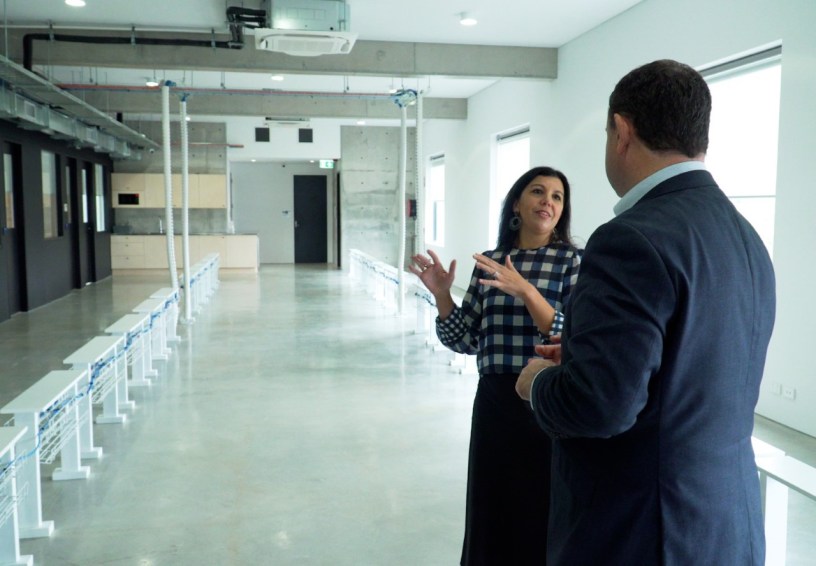With support from the New South Wales government, Sydney-based production and animation studio Flying Bark Productions is set to expand its full-time staff numbers by 150 over the next three years.
The support comes via the NSW Government’s Jobs Plus Program, which forms part of the state’s COVID-19 recovery strategy.
The program includes payroll tax relief, training and infrastructure rebate support, which has assisted Flying Bark to undertake a multi-million dollar expansion of its Alexandria facility, adding a new floor to increase capacity. It has also supported extensive training for new recruits.
The hope is that, via production, Flying Bark will also be able to support another 63 indirect jobs by June 2024.
The Studio 100-owned company’s current slate includes series 100% Wolf: The Book of Hath for the ABC, the latest instalment in its original franchise, and also recently completed Nickelodeon’s Rise of the Teenage Mutant Ninja Turtles and Marvel’s What If…?.
“Investing in the expansion of leading production companies, such as Flying Bark, through Jobs Plus supports our home-grown talent pool and will ensure the NSW industry maintains its competitive edge in drawing international business opportunities that rely on transferable digital skills,” said Minister for Enterprise, Investment and Trade Stuart Ayres.
CEO Barbara Stephen said the support was a welcome addition to the NSW PDV rebate.
“The NSW Government has been instrumental in supporting the expansion of our industry, with the competitive PDV rebate a contributing factor in the exponential growth of our company over the past few years, along with the unprecedented demand for premium animation,” said Stephen.
“This demand and COVID-19 has caused our local talent pool to be stretched, so the Jobs Plus Program could not have come at a better time as we commit to a further 150 full-time jobs over the next three years, with a focus on entry-level positions.”


